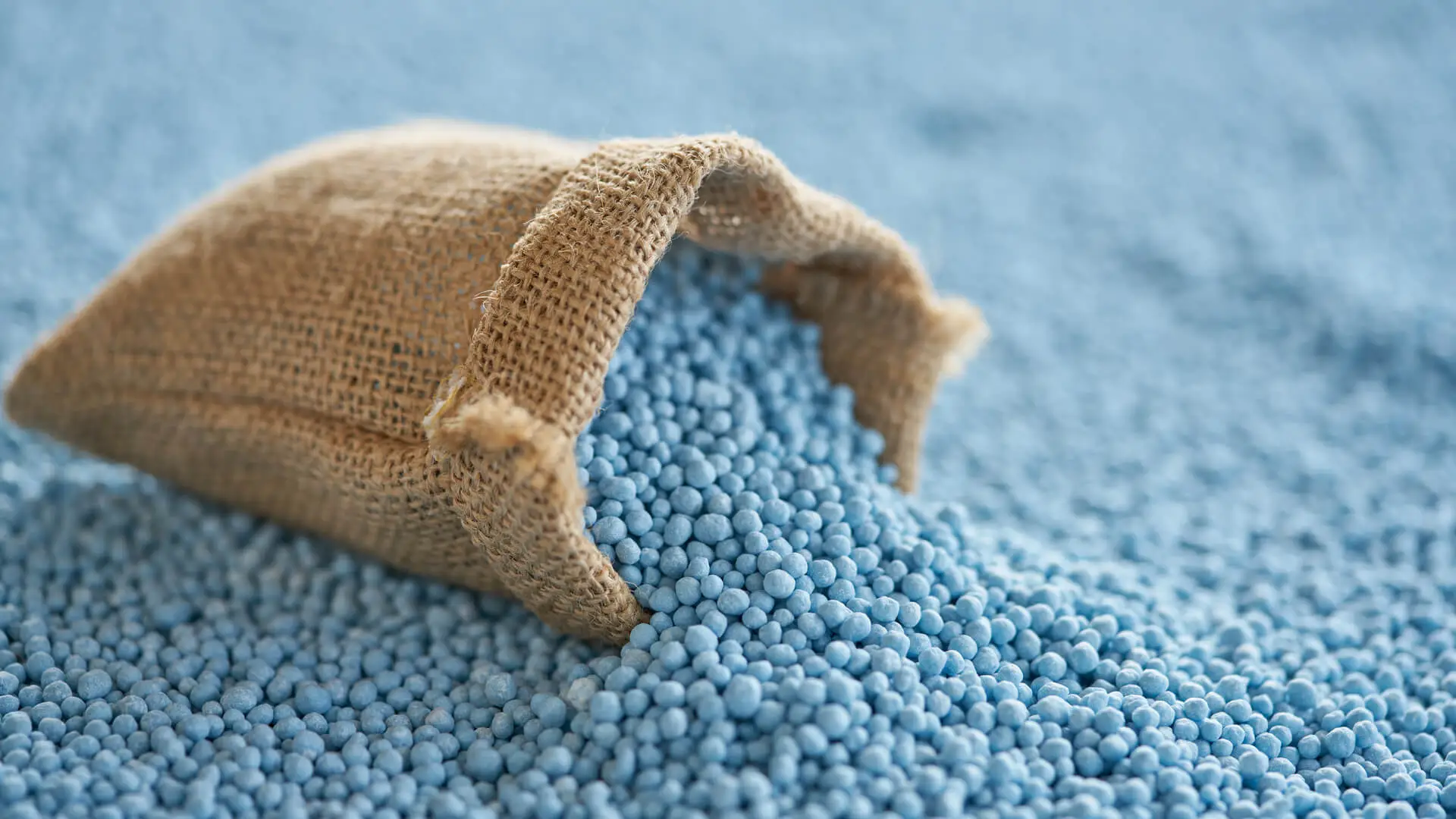Why calling in a lawn care specialist, when you can turn your lawn into a DIY project, as it only needs watering, mowing and fertilizers, right? This world is beyond concerned with the environmental problems and besides pollution and finding alternative energy sources, we are also infecting our waters only to panic when we read the mind blowing statistics on man’s deadly impact on the environment. Let’s take an easy problem, like lake algae outbreaks and lake pollution, as waters are the main victim to substance waste. Fertilizers are one of the biggest threats water has to face and not surprisingly, many toxic wastes come from farm and property care fertilizers. Even more surprising is that the lawn and landscape companies are not even the main culprit in this case, but the DIY lawn owners who practice individual horticulture without even thinking on their impact to the environment. It doesn’t matter where you live, Allen, Frisco, Sachse, The Colony or Wylie, your lawns are exquisite but you can be a threat to them, the people and the surrounding area. Let’s see together how exactly home fertilization practices endanger the health of the environment.
Choosing liquid nutrients
It seems easy to buy lawn fertilizers from any supermarket nowadays, as they come boxed or bottled in home improvement stores just waiting to be used. Some people buy them driven by past experience, by budget or by label, but no matter how trustful you are in a brand or in a certain product, whatever choice you make, it is harmful to the environment. Expert horticulturists and agronomists never cease to emphasize on the importance of knowing your soil composition, your turf type and the grass varieties you grow. Some store products contain too much of a certain compound, like phosphorous, while others contain too little of the substances your lawn really needs to thrive. Whatever gets wasted in the water, especially phosphorous, has a terrible impact on the environment, and this is why lawn care specialized companies use the exact combinations of fertilizers to not pollute the environment and turn your lawn into a healthy patch of land.
How do you apply fertilizers anyway? Is the ratio an environmental concern?
Indeed it is. Application rates are something that is learned by science and by practice and getting the right DIY project lawn fertilization is harder than you think. Getting it wrong translates to danger upon the lawn, the people, the pets, the environment and so on, as once you pour too much and the substances get into the draining system and into the underground waters, there is no way back. A lawn can absorb as much as it needs and stands, and all the excess gets into the waterways. Specialized lawn companies know how fertilizer to use and if you are not convinced that your DIY project was implemented properly (although all store fertilizers come with use instructions), you should ask a professional for proper consultation.
How do you dispose of, or preserve, the fertilizers after you’re done with them?
Usually, lawn owners dispose of their fertilizers when they don’t need them anymore, or store them in garages or back yard storage rooms. Unless you keep them locked for an entire season, storing fertilizers like this is not only a ticking bomb for the environment, but can seriously endanger the health and life of children and pets. If you have the misfortune of having a fertilizer spilling, you just polluted the environment and if you think that disposing of the problem in a non-safe manner can turn you into a law offender with a serious case of having fines to pay to your local authorities. The EPA is ready to give you advice on how to store and discard fertilizers and you should listen to them in case you don’t want to be responsible for choking your kids and pets and be fined for environmental endangering.
Lower your impact on the environment and you’ll have your peace of mind
Sometimes, some things are just better taken care of by professionals and if you want to sleep peacefully for not making yet another contribution to the environmental damage and keep your lawn still lush and healthy, you can proceed to one of the following safety precautions:
Contract a professional lawn care agency to take care of the fertilization problem without having to worry about the damage you cause to the environment
Think about your lawn in terms of implementing a project, including steps and sub-programs that will provide your lawn with all the necessary nutrients in a safe, sustainable manner
For all your worries, questions and concerns, ask for professional help from lawn care specialists, certified agronomists and horticulturists or your local agricultural agencies.







